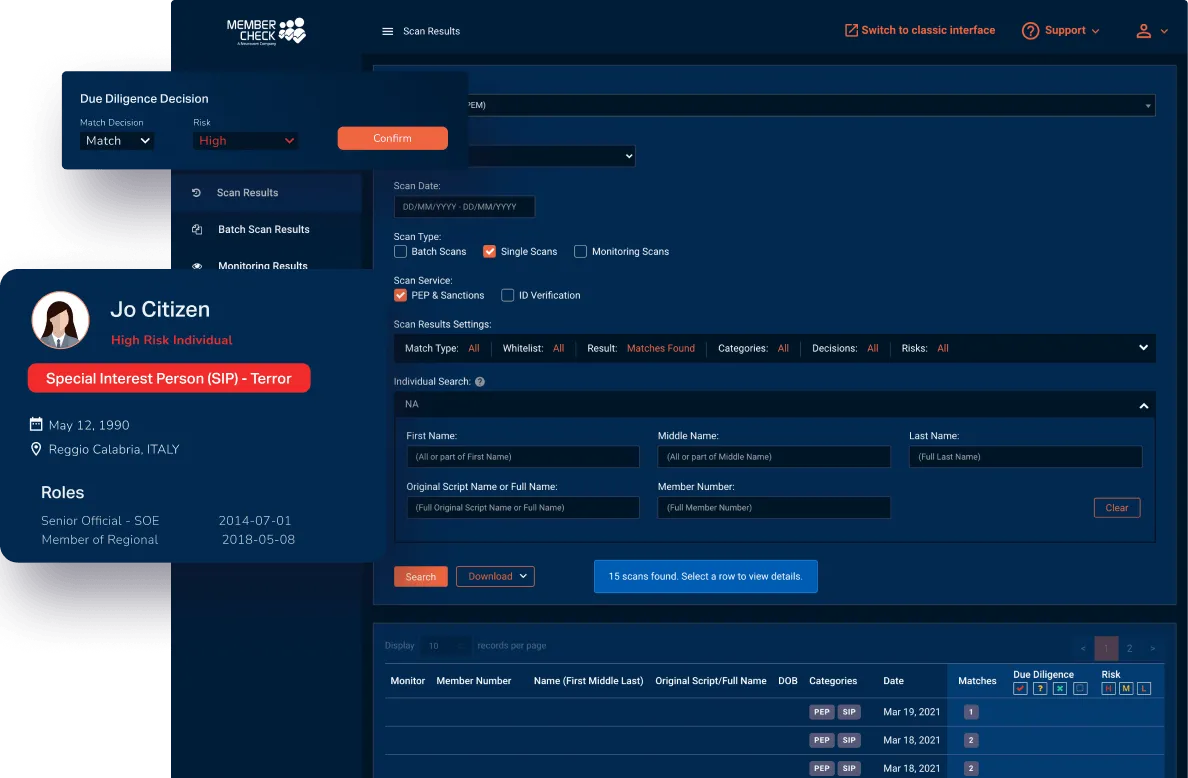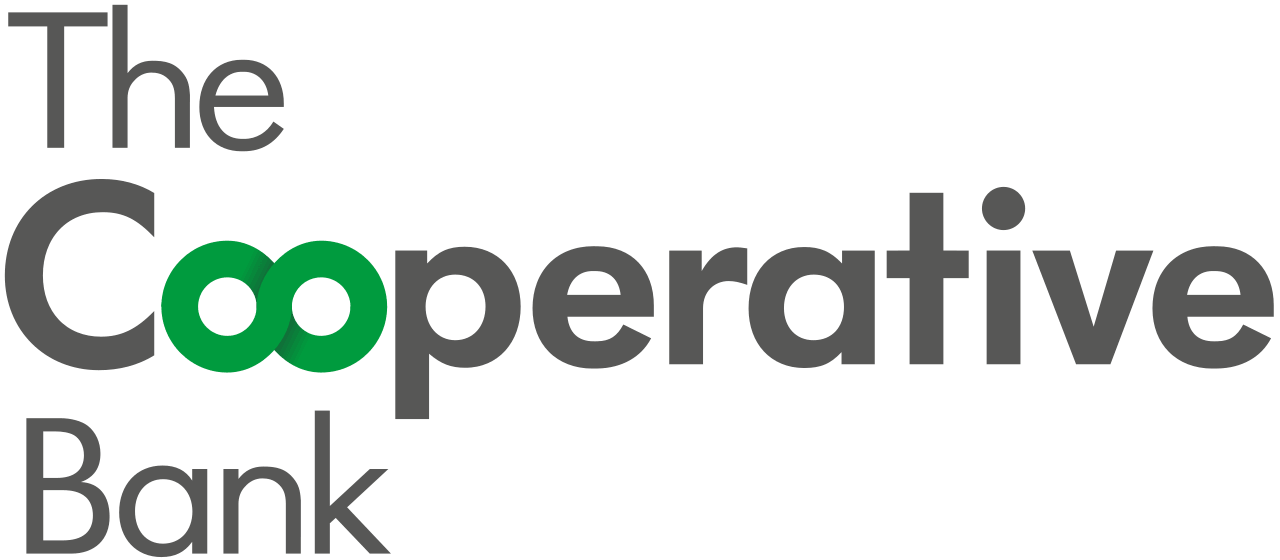


AML/CFT Supervisors in Latvia

Latvian Financial Investigation Unit (FIU)
The Office for the Prevention of Laundering of Proceeds Derived from Criminal Activity, also known as the Latvian FIU, was formed by law in June 1998. (FIU).
The Latvian FIU receives, records, processes, combines, saves, and analyses information on irregular and suspicious transactions before passing it on to pre-trial investigators and the court.
Compliance with local and International regulations
In 1997, the Republic of Latvia began drafting anti-money laundering laws. The Law on the Prevention of Money Laundering and Terrorist Financing (Money Laundering) and Terrorist Financing (AML) has undergone several updates in a series of anti-money laundering rules in January 2009.
Latvian authorities are focused on ensuring the robust implementation and application of the new legislative and supervisory framework, as well as monitoring and reviewing strictly its effectiveness.
The government passed a number of normative actions in support of the new anti-money laundering law:
List of Unusual Transactions Indicators and the Procedure for Filing Reports on Unusual and Suspicious Transactions.
Information sharing between local governmental agencies for the Prevention of Proceeds of Criminal Activity.
Applying and maintaining Country and International Organisations' Lists of Persons Suspected of Being Involved in Terrorist Activity.
Coordinating with developing nations, and applying same AML-CFT measures to those imposed by European Union regulatory provisions.
How can MemberCheck Help?
Our clients are provided with a secure and simple solution in regard to scanning for politically exposed or high-risk individuals, as well as checking names against sanction, regulatory, law enforcement, and other official lists.
Use our sophisticated scan filters and due diligence workflow to minimise the amount of time you spend sorting through, false matches. Scan results and reporting sections allow you to access customer details, whenever and wherever required, as well as download reports, to customise for further investigation or to provide evidence of your AML program compliance for auditing purposes.









* This page is intended as general information only and should not be relied on as the sole source of information for your AML obligations and AML program. Please visit your local regulatory authority sites for the latest relevant and full information.


























